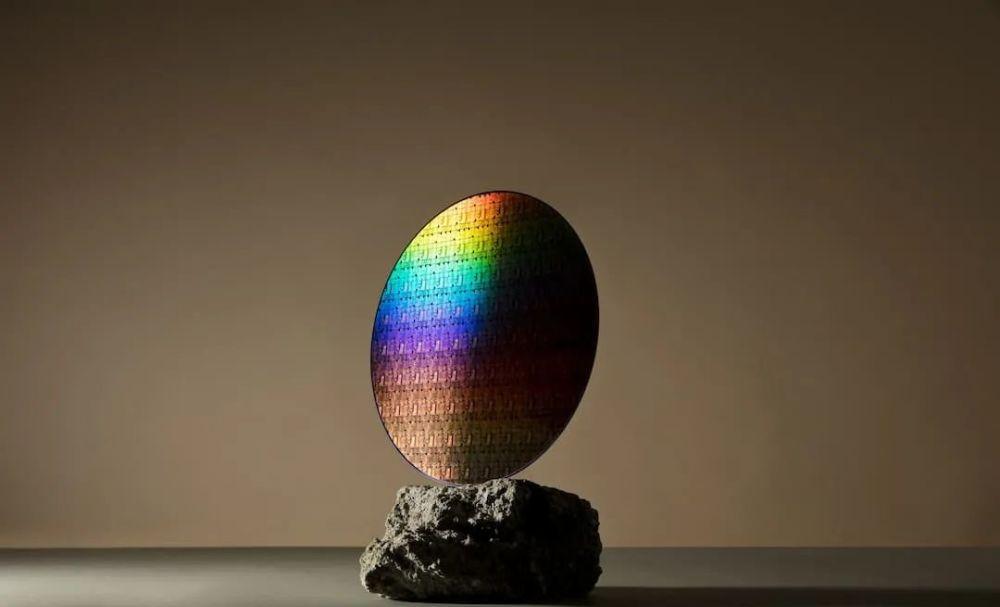
Thanks to the VTFET process, mobile phone chip power consumption is expected to drop by 85% in the future.
Author | Yao Yongzhe
Mobile phones have completed the evolution from feature phones to smart phones in the past two decades. Nowadays, as an important terminal of the mobile Internet, mobile phones have become an indispensable "cyber organ" in our daily lives. In the process of the evolution of mobile phones to smart phones, mobile phones have become more powerful, take pictures more clearly, and experience smarter.
But when people can't find plugs and cables when the mobile phone has a low battery, they will still miss the era of the functional captain's battery life. In the era of feature phones, the battery life of mobile phones was usually about one week, and today's smart phones almost need to be charged one day or more than one day.
In fact, since the advent of smartphones, the exploration of improving the battery life of mobile phones has never stopped. But previous efforts have focused on battery materials and display devices: as early as 2015, the Bodle Technologies Laboratory at the University of Oxford had announced that it could use phase-change materials to create screens that hardly required the use of electrical energy to improve the battery life of mobile phones.
In 2016, a research at Pohang University of Technology in South Korea developed an ultra-small solid oxide fuel cell. This battery can store more energy than a lithium battery in the same volume. But it will take a long time for these technologies to move from the lab to the market.
At the same time, the development of the chip industry has also encountered a bottleneck period. Moore's Law predicted that the number of encapsulated transistors in a chip would double every two years. But the law has slowed down in recent years. On the one hand, this is due to the limitations of the process process, on the other hand, due to the limited area of the semiconductor surface, the number of transistors cannot grow indefinitely. From the current point of view, the growing trend in the number of chip transistors has lost the theoretical possibility of continuing to follow Moore's Law.
But now, the new chip manufacturing process may be expected to solve the current bottleneck in the performance and endurance of mobile phones, returning to the Good Times.
Samsung and IBM's newly developed Vertical Transmission Field Effect Transistor Technology (VTFET) innovatively arranges transistors perpendicular to semiconductor arrangements, which allows the flow of current to flow from the traditional lateral or side-by-side flow to vertical or up and down current flow. Such a change not only makes the chip from the two-dimensional era to the three-dimensional era, so that the growth curve predicted by Moore's Law can be continued in a new dimension, and compared with the existing technology can reduce the energy consumption of the chip in the process of use by 85%.
According to IBM' report, in the past, designers have increased the number of transistors packaged in chips by reducing the gate spacing and routing spacing. But on the two-dimensional plane, there is still a minimum space where all components are properly arranged, and this space is called CGP. No matter how advanced the packaging technology, it cannot break through the limitations of CGP.
Chips manufactured using the VTFET process are no longer limited by the two-dimensional plane in the traditional chip packaging process due to the vertical flow of current. In three-dimensional space, the limitations of GCP can be broken, which will make it possible to no longer be forced to weigh the size of gates, isolators and contacts when designing chips. This will significantly improve the performance of the chip and reduce its power consumption.
Commenting on the technology, Mukesh Khare, vice president at IBM, said: "This technology is designed to provide innovations that challenge tradition and drive social progress to improve human lives and reduce environmental impact. IBM will continue to work with Samsung to innovate jointly and pursue the promise of excellent technology. ”